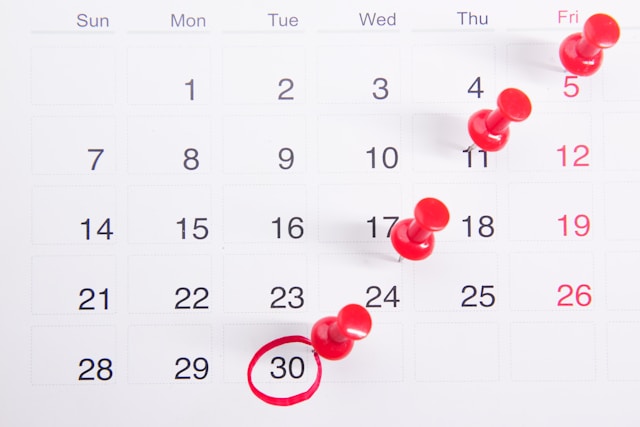In the whirlwind of modern life, where schedules are packed and distractions abound, it’s easy to let important tasks slip our minds. But amidst the chaos, there exists a small yet powerful tool that can help keep us on track and strengthen our connections: the friendly reminder. Often overlooked, these gentle nudges serve as beacons of consideration and support, fostering cooperation and understanding in both personal and professional relationships. Let’s delve into the art of the friendly reminder and its profound impact on our daily lives.
At its core, the friendly reminder embodies empathy and kindness. It acknowledges that we all have a lot on our plates and that oversights are inevitable. By offering a gentle prompt, it shows understanding and compassion, helping us navigate our busy lives with a little less stress.
One of the most remarkable aspects of friendly reminders is their ability to foster accountability and reliability. Whether it’s a reminder about an upcoming deadline, an overdue task, or a forgotten commitment, these gentle prompts serve as gentle nudges to keep us on track. By gently bringing attention to our responsibilities, they help ensure that we follow through on our promises and obligations.
Moreover, friendly reminders play a crucial role in nurturing positive relationships. They demonstrate thoughtfulness and consideration, showing others that we care about their well-being and respect their time. Whether it’s a reminder about a shared activity, a courteous heads-up about an important event, or a friendly prompt to catch up over coffee, these small gestures contribute to building trust and strengthening bonds.
In the workplace, friendly reminders are invaluable tools for promoting productivity and collaboration. By helping team members stay organized and on schedule, they contribute to smoother workflows and more successful outcomes. Whether it’s a reminder about a team meeting, a project milestone, or a pending task, these gentle prompts ensure that everyone is aligned and working towards common goals.
However, the key to effective friendly reminders lies in their delivery. A successful reminder is conveyed with warmth and tact, ensuring that it is received positively and acted upon promptly. By choosing the right words and tone, we can ensure that our reminders serve as helpful nudges rather than unwelcome intrusions.
In conclusion, the friendly reminder is a small yet mighty tool for navigating the complexities of modern life and strengthening our connections with others. By embracing its gentle guidance, we can foster cooperation, understanding, and mutual respect in all aspects of our lives. So, the next time you find yourself in need of a little reminder or a friendly nudge, remember the power of the friendly reminder—it’s not just a message; it’s a gesture of care and consideration that can make a world of difference.
